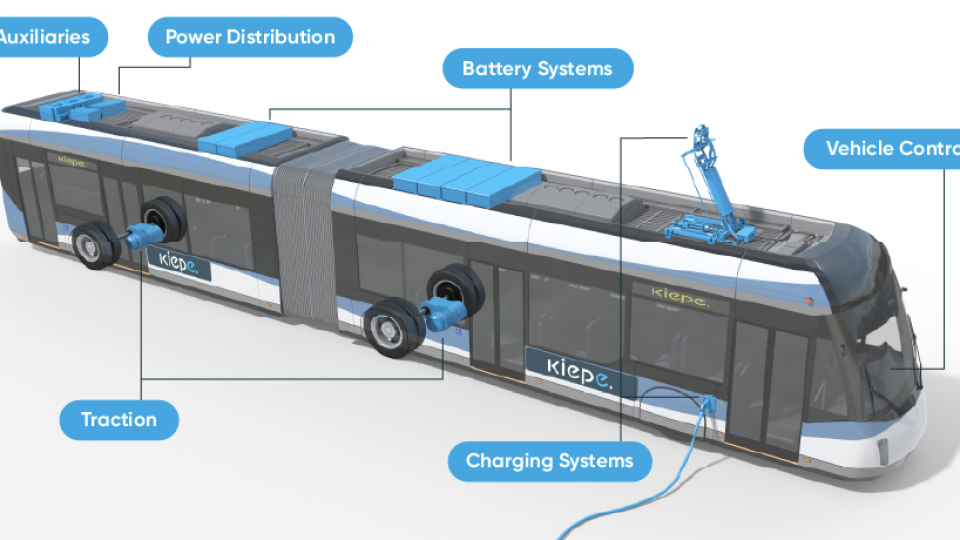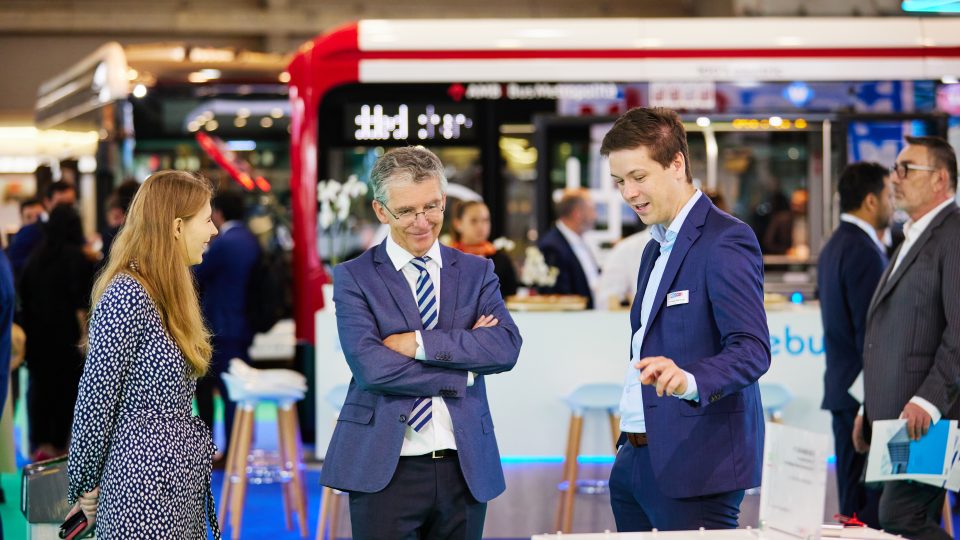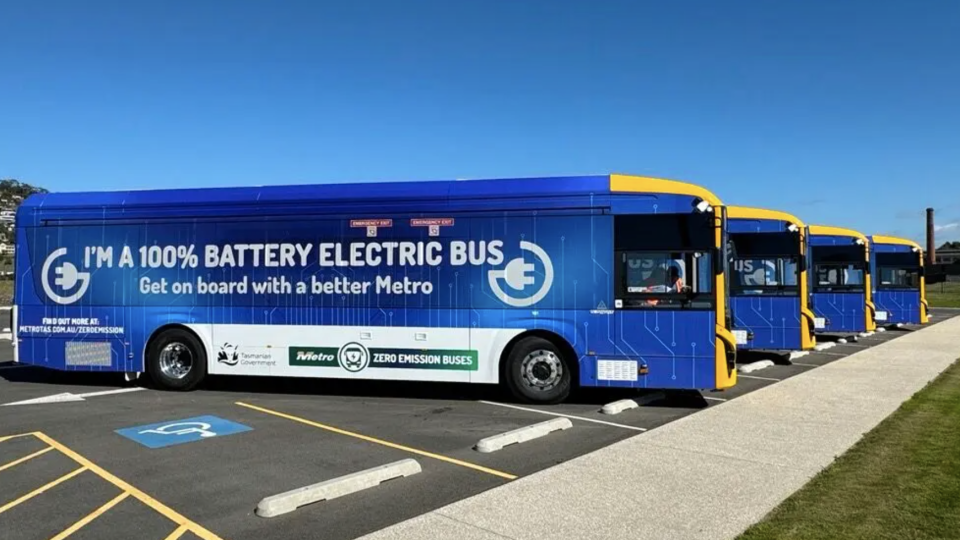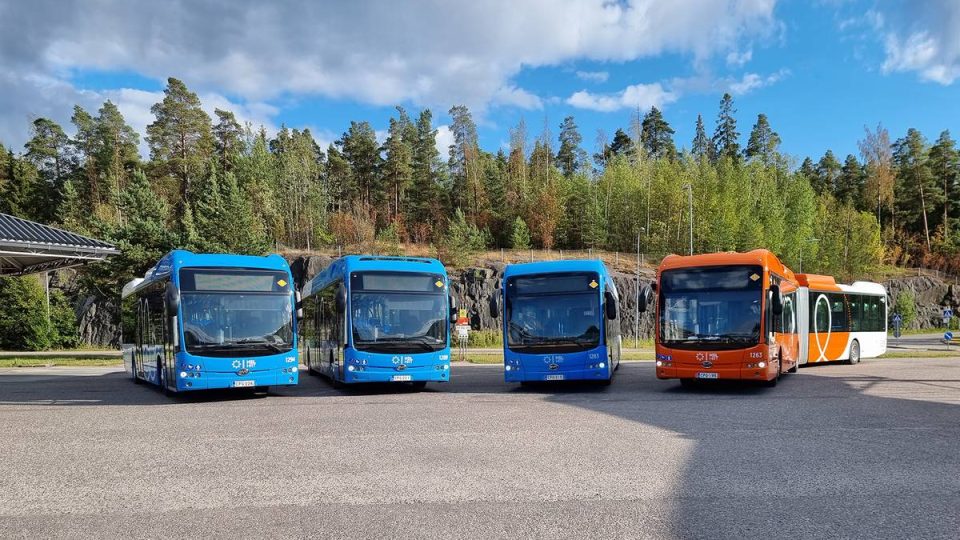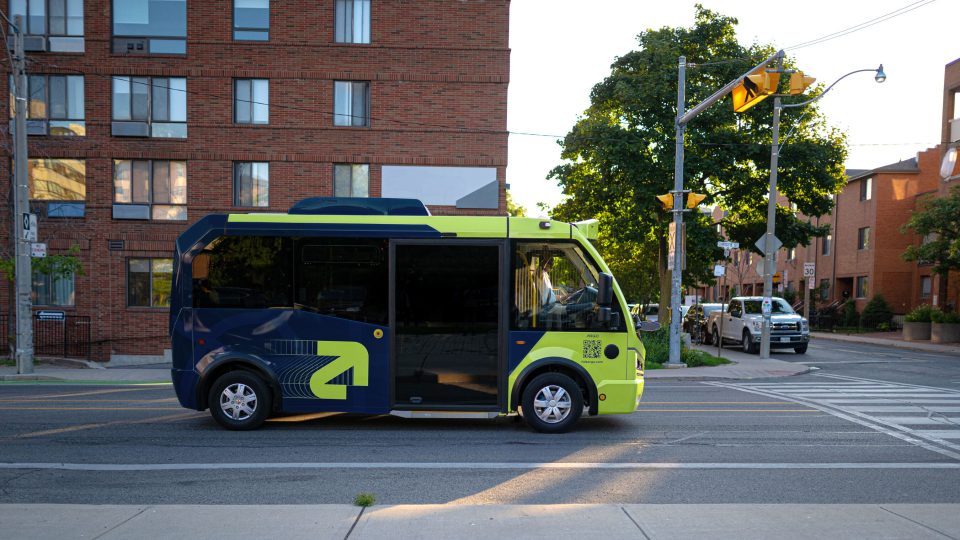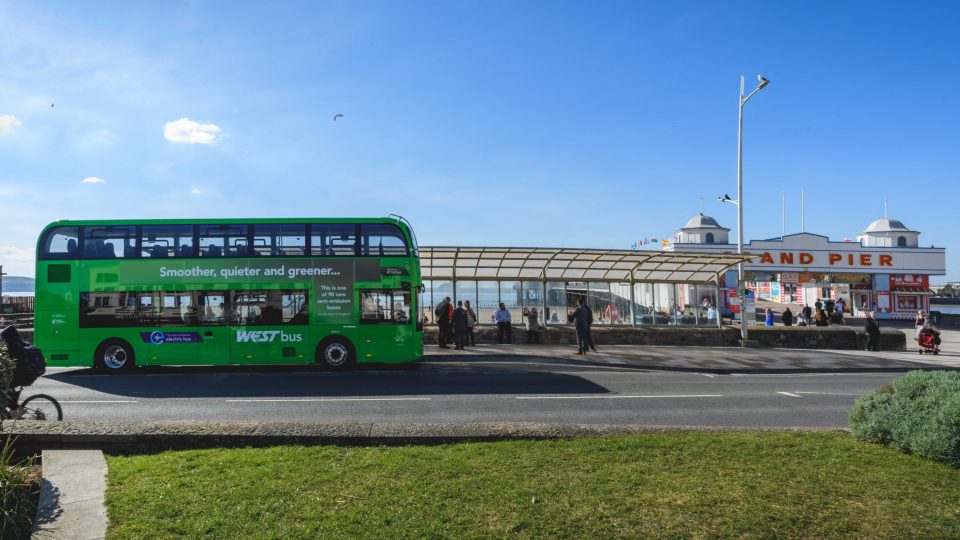Recommendations to strengthen U.S. bus manufacturing are the outcome of a roundtable involving government, APTA, FTA
The Biden-Harris Administration has just hosted a Roundtable on Clean Bus Manufacturing to highlight the nation’s progress in transitioning to low- and zero-emission public transit buses, and to help address challenges facing the U.S. bus manufacturing industry during this transition, involving FTA, representatives from suppliers, manufacturers, regional transit agencies, labor groups, and other stakeholders. The […]
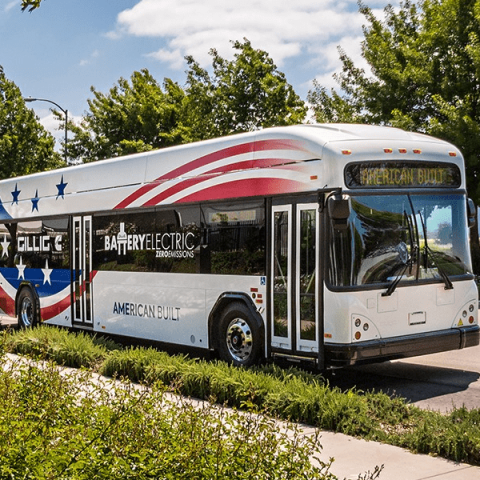
The Biden-Harris Administration has just hosted a Roundtable on Clean Bus Manufacturing to highlight the nation’s progress in transitioning to low- and zero-emission public transit buses, and to help address challenges facing the U.S. bus manufacturing industry during this transition, involving FTA, representatives from suppliers, manufacturers, regional transit agencies, labor groups, and other stakeholders.
The American Public Transportation Association (APTA) welcomed the initiative and stresses that APTA’s new Bus Manufacturing Task Force, established in October 2023, will present immediate actions to bolster competitiveness and stability in the U.S. bus manufacturing sector to help meet market demand, climate goals, and equity objectives for zero-emission buses (ZEBs).
Recommendations for transit agencies
To help address immediate cash-flow shortages, it has been shared recommendations such as transit agencies incorporate three changes in bus contracts: Price adjustments, progress payments, and use of price indices. Other immediate actions that the Task Force recommends include developing a set of bus procurement best practices and exploring ways to reduce customization in bus design, which can increase costs and delay the procurement cycle.
The Task Force is led by Dorval R. Carter, Jr., former APTA Chair and President of the Chicago Transit Authority, together with Task Force Vice Chair Richard A. Davey, President of New York City Transit.
President Biden’s Bipartisan Infrastructure Law (BIL), invests $5.6 billion to support the purchase of cleaner American-made transit buses, train the transit workforce, and upgrade fueling and maintenance infrastructure.
The recent pandemic severely impacted the financial viability and competitiveness of U.S. bus manufacturing, “leaving only two major manufacturers in the market”, as APTA states. It’s widely known, indeed, that Proterra filed for insolvency and was split between Volvo Group (battery business) and Phoenix Motorcars (transit business). Nova Bus announced last year a move to exit US market and focus on Canada. Finally NFI Group has a refinancing plan underway.
4,500 transit buses procured yearly in the USA
And adds: “Transit agencies procure an average of 4,500 heavy duty buses annually and typically pay for buses upon delivery, which can be 24 months or longer from the time an order is placed. ZEBs are more expensive than diesel buses and require a significantly larger cash outlay to support manufacturing”.
“We thank the Biden-Harris Administration for collaborating with APTA and its member U.S. transit agencies, bus manufacturers, and bus component suppliers in a critical dialogue to help tackle our industry’s current challenges during its shift toward clean bus manufacturing and deployment in the United States,” said APTA President and CEO Paul P. Skoutelas. “Preserving, protecting and nurturing a highly competitive U.S. bus manufacturing market and building the capacity to transition to low- and zero-emission buses is essential. Our industry is at risk with reduced competition and increasing bus acquisition costs. The result is reduced cash flow for manufacturers and lengthy delays for transit agencies. This is occurring at the same time that historical and much-appreciated federal investment is available to support public transit’s transition to clean fleets.”
“Converting to low- and zero-emission buses and building the necessary charging and fueling infrastructure will deliver substantial operational and maintenance savings, make our communities healthier and more equitable, and support national climate goals. But the transition comes with challenges,” Skoutelas added. “Today’s productive discussion with the Biden-Harris Administration and other key partners underscores the critical need for ongoing cooperation around next-generation public transportation to ensure America’s future strength, success, and prosperity.”


